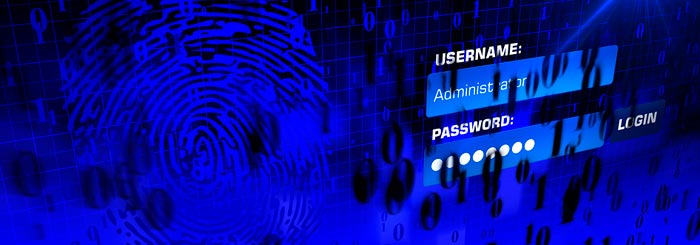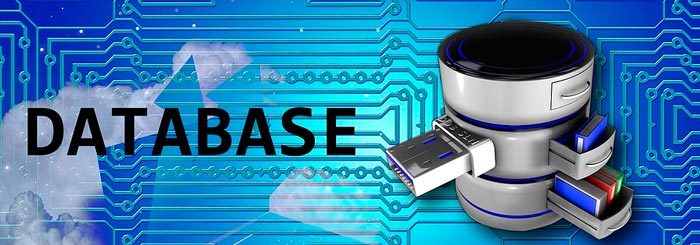Blockchain technologies continue to disrupt industries across the board. With the rise of internet usage, everyday functions of life have gone online. Almost every important daily life work, from education to shopping, banking services to medical consultation, is now digitally available. With this, the digital aspect of identity has also gained importance.
These online services require digital identities that are kept in a centralized database. Consumers put their information in the hands of applications and services they use. They trust service providers to keep their identity safe.
Another problem is that consumers have to repeat this identity verification process when they go to a new platform. So the world needs a better system that could securely manage digital identities.
There are about 7 billion internet-connected devices. This number is expected to grow to 22 million by 2025. So the ID management is becoming increasingly important. Today, digital identity is becoming problematic as centralized entities are becoming increasingly susceptible to identity thefts and data breaches. The traditional identity systems are fragmented, insecure, and exclusive.
Blockchain-based ID management systems allow us to build a new identity management systems that are unified, interoperable, and tamper-proof.
Blockchain For Digital ID Management
According to Consensys, blockchain-based digital ID management systems could address the following issues associated with traditional systems.
Inaccessibility to ID Verification Systems
ID verification is important as without it no one can enroll in school, apply for jobs, get a passport, or, access many governmental and financial services.
According to the World Bank, 1 million people do not have official proof of Identity, and 45% of those are among the poorest 20% on the planet. The reason for this is the rigorous identification processes, expenses, lack of access, and the simple lack of knowledge around personal identity.
With the rise of smartphone usage, blockchain-based mobile ID management systems are possible that do not require cumbersome paperwork and other processes. Consumers can simply download a blockchain-based ID management app, create their profile, and upload documents. These IDs can be used by companies and service providers to verify their customers.
Data Security
Another problem with traditional ID management systems is that they store valuable identification information on central databases, thus creating a single point of failure. Centralized systems containing the personally identifiable information (PII) of millions of user accounts are incredibly appealing to hackers. A study reveals that in 2018, 97% of data breaches involved PII.
The distributed nature of blockchain removes the possibilities of data breaches. Furthermore, users have full control over their information and the way in which it is utilized.
Fake Identities
The traditional ID landscape is exceptionally fragmented as there is no standardized way to use the data generated by one platform on another platform. This weak link among different platforms creates the problem of fake identities. Fake identities could result in counterfeit interactions, which can help in the perpetration of fraud and lead to inflated numbers and lost revenue.
With the advent of new technologies like blockchain, we can build interoperable and tamper-proof infrastructure where no one can create counterfeit IDs of others.
How Could Blockchain ID Management System Work?
According to Akash Takyar, CEO of San Francisco-based software development company LeewayHertzs, a blockchain-based identity management process could involve five components and interfaces: a native app for individuals, a native app for the third-party verification companies, an interplanetary file system (IPFS) to store users personally identifiable information (PII), microservices programmed using Node.JS, and a permissioned blockchain.
To create a self-sovereign identity, an individual downloads the app and creates a profile on the app. Once the profile is created, the user will get the unique ID number which will help organizations to get the access to user’s identification documents.
After getting an ID number, users can upload their government-issued IDs on the app which will be saved in the IPFS having hashed addresses stored in the blockchain. They now own their data and can decide what information to be shared with organizations. Smart contracts can then create a trust score for a user to check whether it’s a suspicious account or a valid account.
When a company or a service provider wants to access specific details of a person for authentication, it can submit a read request through the user’s ID number. After he validates the request, companies can check the required documents. Blockchain will not store IDs but store these IDs transactions.
Conclusion
Blockchain allows customers to create universal IDs that more secure and offer more control over their information. Blockchain-based ID management systems will provide a user with an interoperable ID that can be used anywhere, removing the need to repeat the troublesome ID verification process again and again.
This infrastructure provides key benefits to businesses and users, but blockchain technology is not a magic that will change the world overnight. The successful implementation of blockchain-based ID management systems will take time, and we can hope for a better future with this technology.
Sources
- https://consensys.net/blockchain-use-cases/digital-identity/
- https://www.leewayhertz.com/blockchain-identity-management/
If you found this article interesting, here you can find more Blockchain and cryptocurrency news













